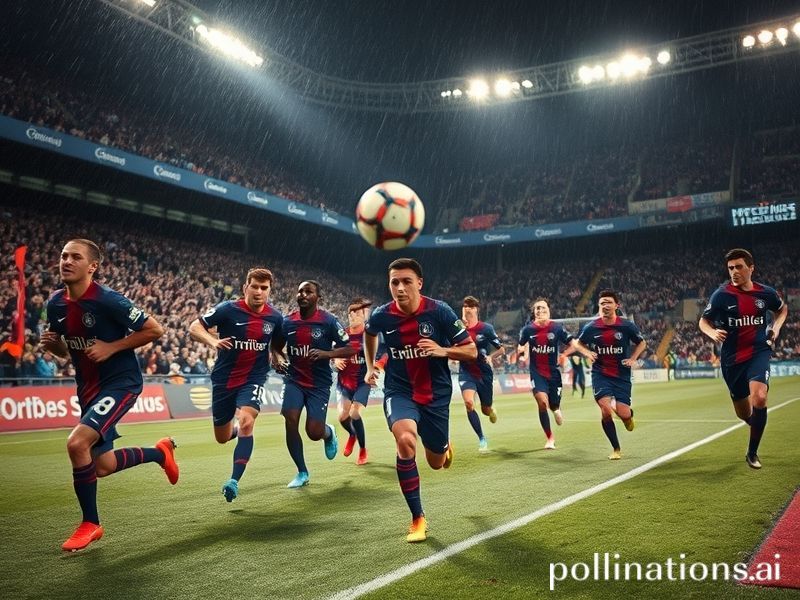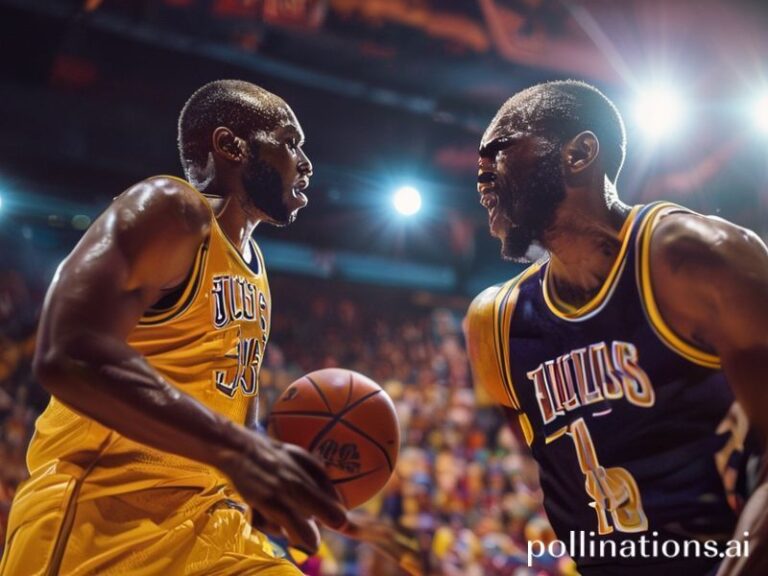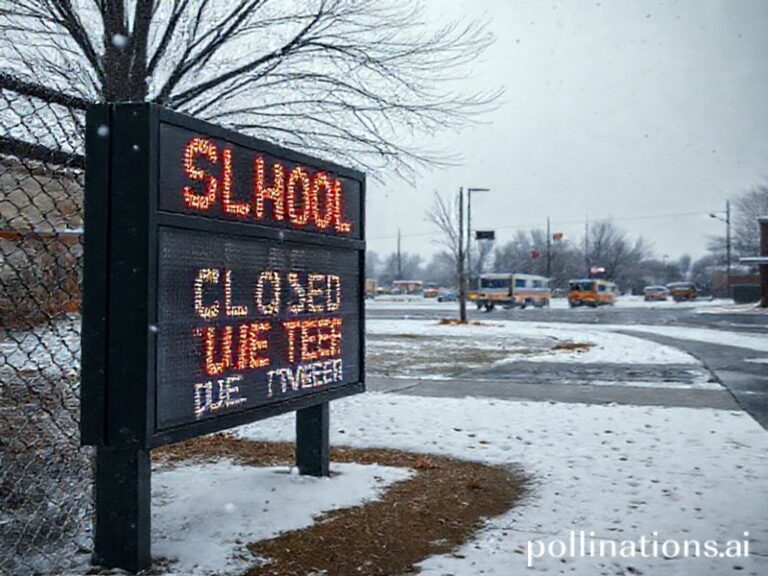PSG vs. Everything: How One Club Became the World’s Favorite Morality Play
Paris Saint-Germain’s newest opponent isn’t Barcelona, Bayern, or even the ghost of Financial Fair Play. It’s the infinite, shape-shifting concept of “versus”—a three-letter suffix that has become the club’s most reliable marquee signing. Wherever PSG lands, the world shows up to watch not just 11 men in navy and red, but a referendum on money, soft power, and the human tendency to mistake a balance sheet for destiny.
From Dakar to Dubai, Wednesday’s Champions League semi-final—let’s call it PSG vs. Dortmund, for formality’s sake—will be streamed in 192 countries. In Lagos, viewing parties will serve jollof in Le Bleu napkins; in Jakarta, ride-share drivers have festooned their mirrors with little Neymar bobbleheads long after the man himself has left for Saudi semi-retirement. The match itself is almost incidental; what matters is the global theater of “us against them,” filtered through the fluorescent lens of Qatar’s sovereign wealth fund.
The geopolitical subplot is so thick you could spread it on a croissant. Qatar, still recovering from a World Cup hangover that cost more than the GDP of Iceland, sees every PSG fixture as a diplomatic communique in HD. Lose gracefully and it’s “we play fair”; win at the death and it’s “we dominate culturally.” Meanwhile, the Bundesliga—Europe’s last great holdout against full-tilt kleptocracy—drapes itself in the yellow and black of populist virtue, as if Dortmund’s €500 million wage bill were Monopoly money discovered under the sofa cushions.
This is 21st-century soft power in cleats: a Gulf emirate proving it can buy not only Neymar’s hamstrings but also the attention span of teenagers from Seoul to São Paulo. The teenagers, for their part, respond exactly as intended. They post Instagram stories of Mbappé’s latest pout, overlay it with captions in three languages, and feel, for 15 algorithmic seconds, like citizens of the same borderless tribe. Then the screen goes dark and they’re back in traffic, inhaling diesel and unpaid internships.
Of course, the football itself is still football—22 lungs chasing a sphere of stitched injustice. Yet even the laws of physics seem to negotiate with PSG’s accountants. A marginal offside call against the Parisians triggers VAR reviews long enough for oil futures to tick upward. A dodgy penalty awarded at Parc des Princes causes crypto markets to wobble, because half the world’s leverage traders happen to be watching on mute while pretending to work.
The real intrigue, though, lies in the cultural aftershock. In Argentina, fans mourn Messi’s ghost as he jogs past half-paced in Miami pastiche. In France, the banlieues still produce the same raw talent pipeline, but now the dream has a Qatari boarding pass stapled to it: train hard, maybe get scouted, maybe end up on a billboard in Doha next to a falcon wearing a Louis Vuitton hood. Hard to say if that’s progress or just imperialism with better lighting.
And so, when the final whistle shrills sometime around midnight Central European Time, half the planet will exhale in unison. The other half will swipe to the next dopamine drip. Winners will toast with non-alcoholic champagne (Ramadan scheduling is a cruel mistress). Losers will blame the referee, the hedge-fund weather, or the inevitable heat death of the universe. PSG versus Dortmund? No. PSG versus the very idea that anything—even sport—can remain unbranded. The scoreboard will display a number, but the ledger already shows a foregone conclusion: Capital 1, Romance 0, extra time pending indefinitely.







